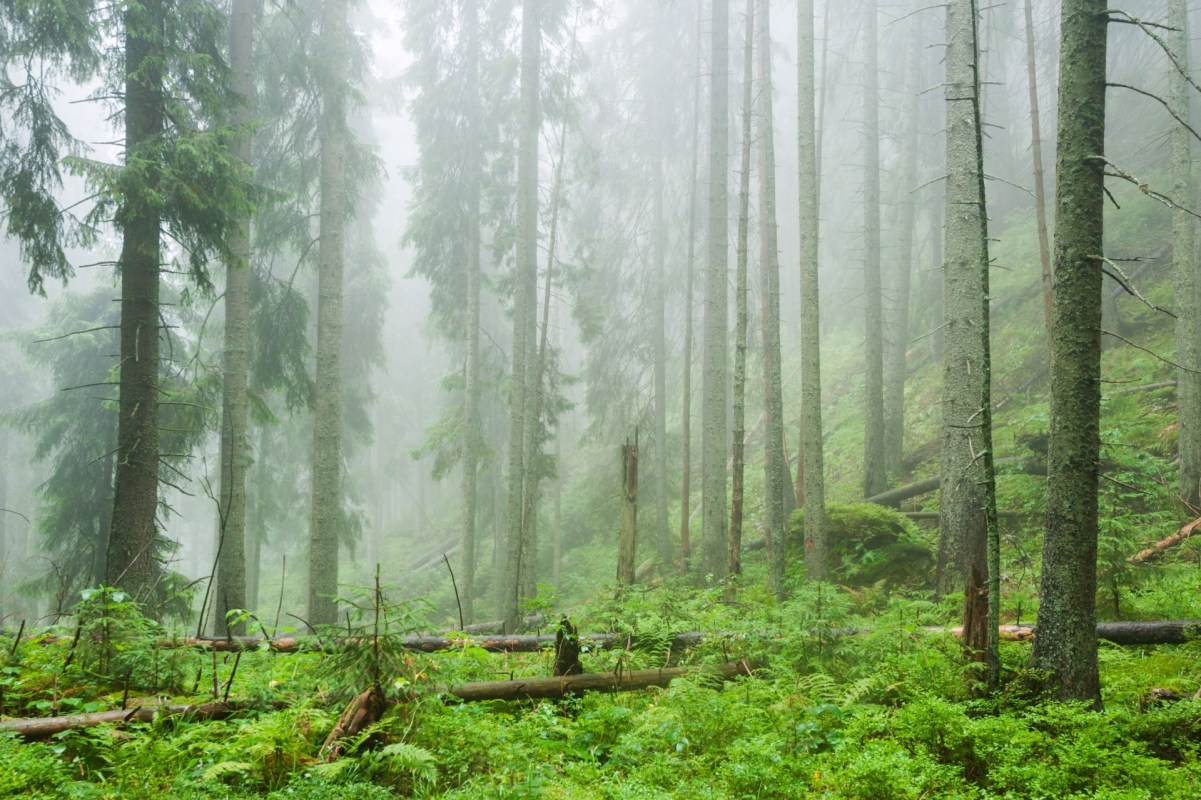It's no secret that our warming atmosphere has resulted in extreme weather all over the world, but there's also a less noticeable consequence at work as well. Rising ambient temperatures mean that thousands of coniferous forests in California will be unable to replenish their numbers once they die.
What exactly is a "zombie forest"?
A "zombie forest" refers to a group of trees (usually a specific species) that are unable to effectively produce new saplings and seedlings due to a warming climate.
This problem tends to be regional, and California specifically has seen an increasing number of these so-called zombie forests. Thousands of ponderosa pines, sugar pines, and Douglas fir trees will eventually be replaced with species of trees that are better suited to a hotter planet.
In the Sierra Nevada region, it is estimated that at least a fifth of these coniferous trees are now unsuited for the region's increasing temperature. And even in best-case scenarios, the number of these trees living "outside their climate" is likely to double in 77 years.
Why is this happening?
The burning of coal, oil, and gas to power our cities and vehicles is to blame for the endless record-breaking temperatures all over the globe. When these dirty fuels are burned for energy, they release polluting gases into the atmosphere. Once there, they trap excessive heat from the sun, and thus, the temperature of Earth increases.
Is there anything to be done?
States and local governments can create forest management strategies that can hopefully mitigate the harm that may emerge from these forests dying off.
Beyond that, switching our energy sources from dirty fuels like oil, coal, and gas to renewable sources like solar panels and wind farms can help. Additionally, nuclear reactors could also help offset the demand for oil and gas.
Join our free newsletter for cool news and cool tips that make it easy to help yourself while helping the planet.









